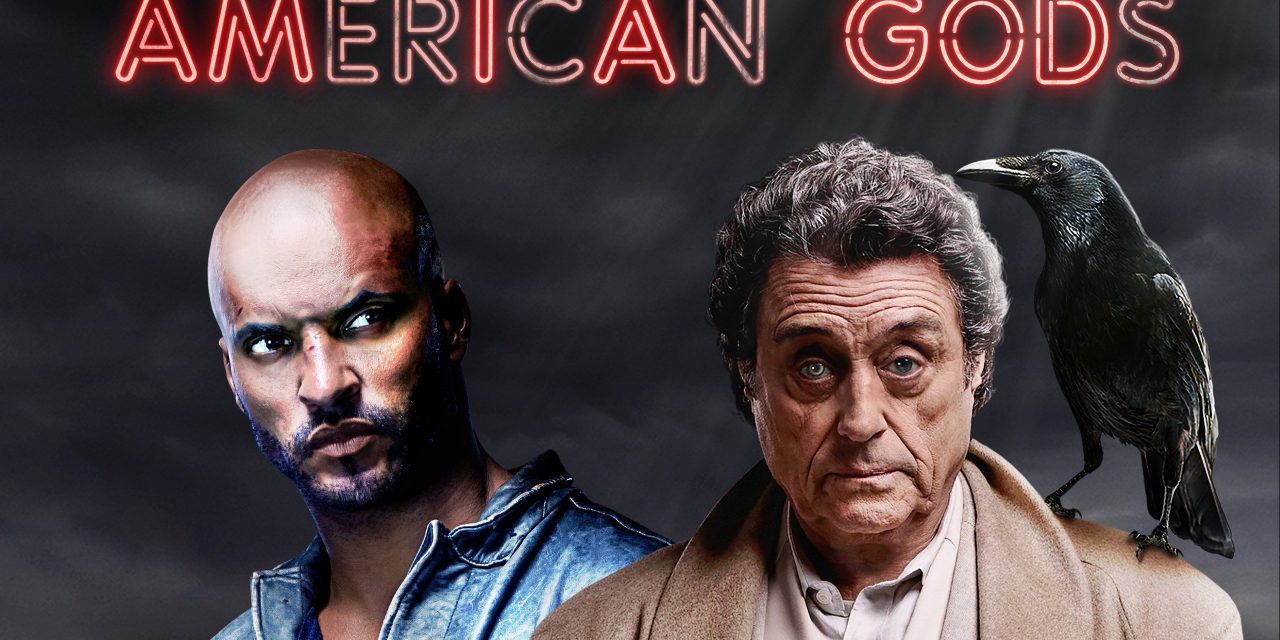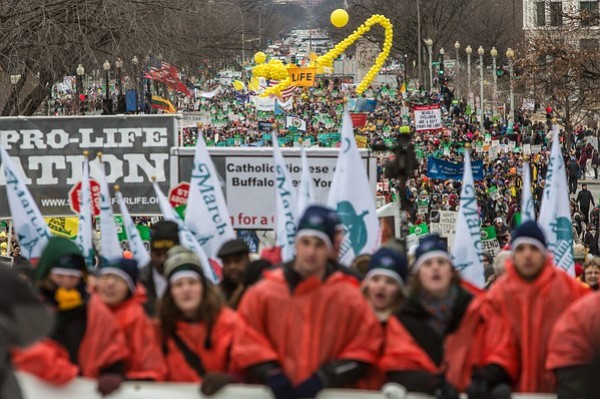It’s exam week and holidays are coming, so let’s play a game. We have a free copy of Bill Mattison’s Introducing Moral Theology for the reader who can give the best short account of what’s wrong with Andrew Sullivan’s “America’s New Religions.”
I’ll summarize the argument and kick us off with some attempt to highlight a few of the major mistakes, and then I challenge readers to do better. A week from today, I’ll select a lucky winner of a free book.
In case you missed it, Sullivan’s piece argues that as identification with traditional Christianity declines, people’s religious impulses are channeled into “new and crude” religions, such as Trumpism and “the Great Awokening” of social justice.
It’s a catchy headline. When I first saw it, I hoped that it was informed by Bill Cavanaugh’s work (if you don’t have time for The Myth of Religious Violence , you can try his lecture “Does Religion Cause Violence?”), which argues that while scholars of religion agree that religion is not a coherent category, those who write about “religious violence” continue to speak as though it is. Why? Because “religion” is code for “irrational and backward.”
The story is told repeatedly that the liberal state has learned to tame the dangerous divisiveness of contending religious beliefs by reducing them to essentially private affairs. In foreign policy, the conventional wisdom helps reinforce and justify Western attitudes and policies toward the non-Western world, especially Muslims, whose primary point of difference with the West is their stubborn refusal to tame religious passions in the public sphere. “We in the West long ago learned the sobering lessons of religious warfare and have moved toward secularization. The liberal nation-state is essentially a peacemaker. Now we only seek to share the blessings of peace with the Muslim world. Regrettably, because of their stubborn fanaticism, it is sometimes necessary to bomb them into liberal democracy.” In other words, the myth of religious violence establishes a reassuring dichotomy between their violence—which is absolutist, divisive, and irrational—and our violence—which is modest, unitive, and rational.
Well, that is certainly not what Sullivan is arguing. In fact, while Sullivan does flaunt the convention that political convictions cannot be counted as religious, he simultaneously waves the same old flag, using “religion” to designate certain human commitments irrational, dangerous, and entirely distinct from the orderly and beneficial norm of liberal American civilization.
He makes one exception, though: a “tamed Christianity that rests, in Jesus’ formulation, on a distinction between God and Caesar” is a good religion that for some time has “complemented and supported” American liberalism.
It is Christianity that came to champion the individual conscience against the collective, which paved the way for individual rights. It is in Christianity that the seeds of Western religious toleration were first sown. Christianity is the only monotheism that seeks no sway over Caesar, that is content with the ultimate truth over the immediate satisfaction of power. It was Christianity that gave us successive social movements, which enabled more people to be included in the liberal project, thus renewing it. It was on these foundations that liberalism was built, and it is by these foundations it has endured. The question we face in contemporary times is whether a political system built upon such a religion can endure when belief in that religion has become a shadow of its future self.
That is, once Christianity was housebroken, it proved to be useful. This helpful and humble Christianity, however, is dying. In its place, the irrational and universal impulse (“religion”) it once harnessed has now run amok in crass new faiths. The problem with the new religions is not that they are unjust or false or incoherent or ugly. The problem is that they endanger America.
That’s the summary. Here are my own best attempts to name, in short order, what Sullivan’s getting wrong.
#1: This piece on Christianity and politics in the US never refers to race. Not a whisper of the role of racial anxieties and racial justice in shaping these present social movements, not a moment to consider that “Christianity in America” might mean something very different if we see it from, say, Frederick Douglass’ perspective.
#2:He fails to note the religion at the heart of the issue: the United States of America itself. This is the symbol system that cannot be questioned, what is simply and finally true. It provides the standard for judgment for what else is should be praised or blamed. It is presumed to be that for which one may rightly kill and die.
#3: He refers to this tamed and useful “Christianity” without offering any actual names or identifying any denominations or movements. What exactly was this good Christianity that stayed out of politics? The one that supported slaveholding? or the one that organized resistance to that? The one that energized Prohibition? The one that was suspect for loyalty to a foreign power in Rome? The one that bled in the Civil Rights Movement? More likely the one that stood on the sidelines calling for patience, for “law and order” while Martin Luther King was in the Birmingham jail.
What’s your account of what’s wrong with Sullivan’s “America’s New Religions”? Let the games begin.






My “short account”: Sullivan doesn’t mention Jesus.
In the podcast with Jon Ward, Sullivan briefly addresses your concerns about the omission regarding race.
Looks like you won a free book, Josh. Merry Christmas! You can send me your address at kelly.johnson@udayton.edu.